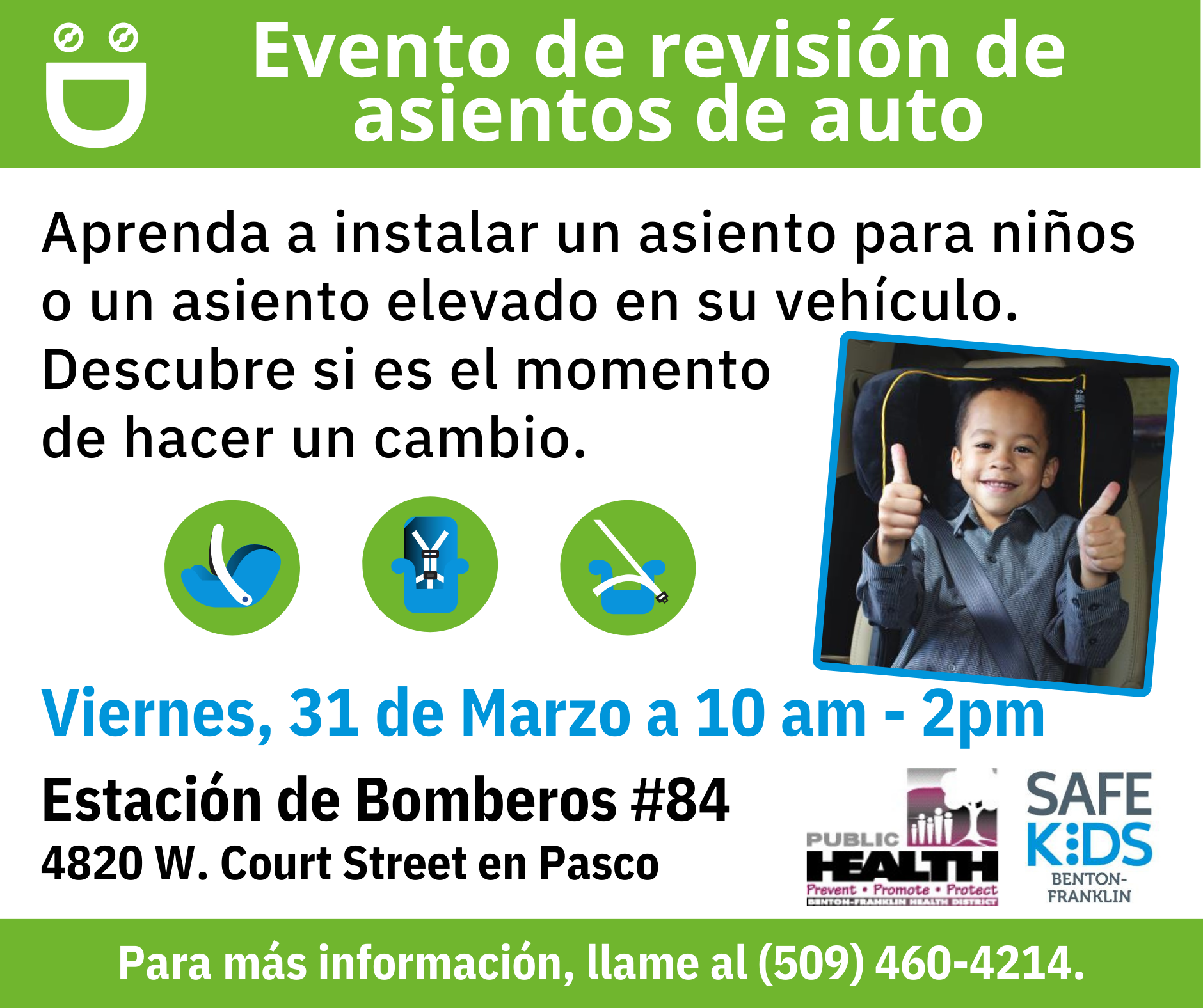
Traumatic Brain Injury (TBI) Awareness Month, recognized in March, as the weather warms up and children start to spend more time outdoors this is a great time to review all the safety tips to prevent TBIs.
Anyone can experience TBI and it affects how the brain works. TBI is a major cause of death and disability in the United States. One type of TBI is concussion. In 2019, about 15% of all U.S. high-school students self-reported at least one sports or recreation-related concussions within the preceding 12 months, according to the CDC. For all age groups, there were more than 223,000 TBI-related hospitalizations in 2019 nationwide.
Prevention
Reducing you and your family’s risk for TBI involves simple, daily steps. According to the Centers for Disease Control and Prevention (CDC), the following prevention tips will keep you safer:
-
- Buckle up every time you drive or ride in a motor vehicle.
- Never drive while under the influence of drugs or alcohol.
- Children from birth to ages two to four should ride in a rear-facing car seat until they reach the maximum weight or height limit of their car seat. Next, children should use a forward-facing seat until at least age five. When children outgrow the forward-facing seat, they should be buckled into a properly fitted booster seat.
- Wear a helmet or other appropriate headgear when riding bicycles, snowmobiling, motorcycling, riding a scooter, skateboarding, skating, playing contact sports, playing baseball or softball, riding a horse, or skiing or snowboarding.
- For older adults, reviewing medications with a doctor or pharmacist will identify medications that cause dizziness. Getting eye exams every year or more will identify needed changes to eyeglass prescriptions. And finally, doing strength and balance exercises will improve muscle tone and coordination to reduce fall risk. Check your current surroundings as well to eliminate any falling hazards.
- Make living and playing areas safer for children by installing window guards and safety gates at the top and bottom of stairs. It’s also important to install soft material under playground sets.
If you are present when someone experiences a traumatic injury, knowing the signs and symptoms of TBI will help you determine how to help. Here are some common signs and symptoms of TBI that you can look for:
-
- Confusion
- Blurry vision
- Sensitivity to light
- Difficulty concentrating
- Difficulty speaking
- Dizziness
- Bruising
- Vomiting or nausea
- Headache
Anyone with signs of moderate or severe TBI should never be left alone & should receive medical attention right away. Call 9-1-1.
 _
_
Stay Connected
Most of us do not expect a brain injury to impact our lives. There are many resources listed below that can help you and your family as you or a loved one is recovering. Keep talking with your healthcare provider, family members, caregivers, and loved ones about how you are feeling.
Please share this information with family and friends to help them keep their brains safe and healthy.
Local Resources